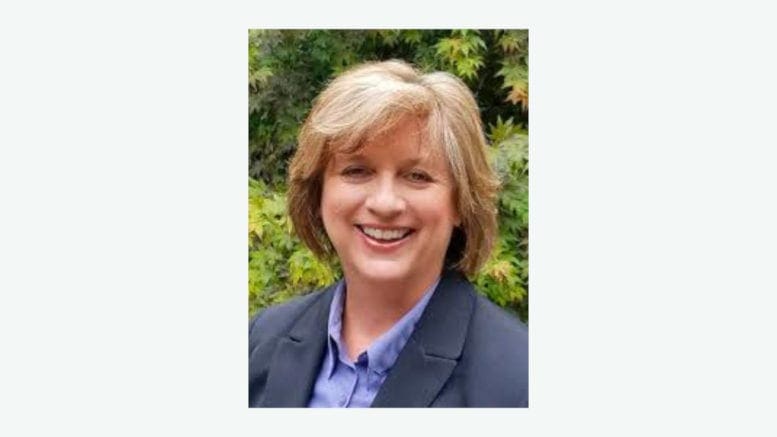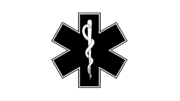This is a guest opinion by Melanie Dallas, LPC, the interim CEO of the Cobb County Community Services Board
If historical and ongoing racism, prejudice, and discrimination have compelled African Americans in communities across the U.S. to rise up in protest, those injustices have also taken a toll on African Americans’ mental health, individually and collectively, and long before now.
Mental illness has never been known to discriminate; regardless of race or ethnicity, income, age, sex, or education level, anyone might experience mental health challenges in his or her lifetime, and approximately one in five people do. Even so, blacks and other minorities in America are more likely to face circumstances that increase a person’s risk for poor mental health, such as poverty, stress, violence and lack of access to healthcare.
Statistics demonstrate the disparities between whites and people of color in mental health and accessing mental health treatment. Unfortunately, mental health issues are yet another area where we seem to have a racial divide. Consider:
• According to the Department of Health and Human Services (HHS) Office of Minority Health, adult African Americans are 20 percent more likely to report serious psychological distress than adult whites.
• Both African Americans and Hispanics are more likely to have feelings of sadness, hopelessness and worthlessness than whites (CDC).
• Poverty level affects mental health status. African Americans living below the poverty level are twice as likely to report psychological distress as those over twice the poverty level. According to the U.S. Census Bureau, more than one in five black people in the U.S. lived in poverty as of 2018.
• African Americans of all ages are more likely to be victims of serious violent crime than are whites, making them more likely to meet the diagnostic criteria for post-traumatic stress disorder (PTSD).
While it is disturbing that any percentage of our population should face ongoing psychological distress, we have known for some time that poverty can affect both mental and physical health. Poverty can also affect access to healthcare – so even as African Americans are more likely to be at risk for mental health challenges, they are also less likely to receive treatment.
• According to the Substance Abuse and Mental Health Services Administration (SAMHSA) in 2018, 18.6 percent of white adults reported receiving mental health services in the past year, compared with only 8.7 percent of black adults.
• Further, according to the Centers for Disease Control and Prevention, in 2018, 58.2 percent of African American young adults ages 18 to 25, and 50.1 percent of adults ages 26 to 49 with serious mental illness did not receive treatment.
Clearly, as we address racism and violence in our communities, we must also address the mental health of African Americans and all minority communities. We might even speculate that true reforms to racism and prejudice might have a positive impact on the mental health of people of color in America. But we have a long way to go.
We want the Cobb County community to know where Cobb County Community Services Board stands on this issue, so here is the statement we’ve added to our website concerning Black Lives Matter:
Cobb County Community Services Board is deeply saddened and concerned by the recent deaths and ongoing acts of injustice across the country and here in Georgia against members of our black community as a result of racism and discrimination. As a public safety net for our community’s most vulnerable and marginalized individuals, we are expressly opposed to racism, bigotry, hate, and violence in any form. Our motto of “hope, empowerment, and purpose” is what drives our fundamental core belief that everyone should be treated equally with dignity and respect.
Cobb County Community Services Board recognizes that Black Lives Matter. We are committed to actively working to ensure the human rights of every person who touches our agency. In order to protect the health, safety, and welfare of our staff and those we serve, we stand with the citizens of Cobb County against racism and those who advocate for inclusive communities built on equality.
Melanie Dallas is a licensed professional counselor and interim CEO of Cobb County Community Services Board and CEO of Highland Rivers Health, which provide treatment and recovery services for individuals with mental illness, substance use disorders, and intellectual and developmental disabilities in our community.





